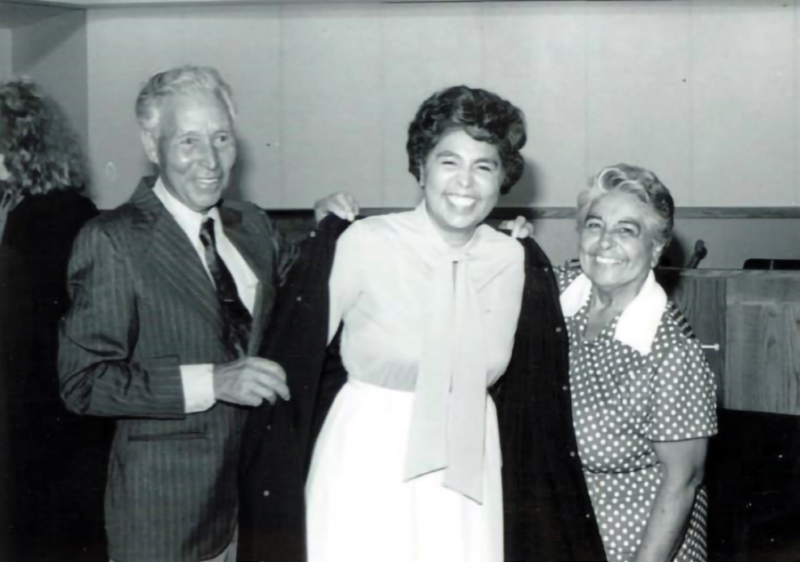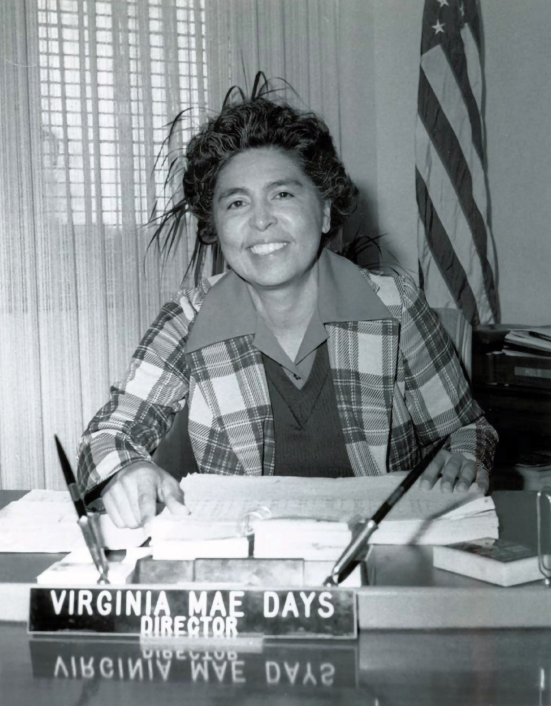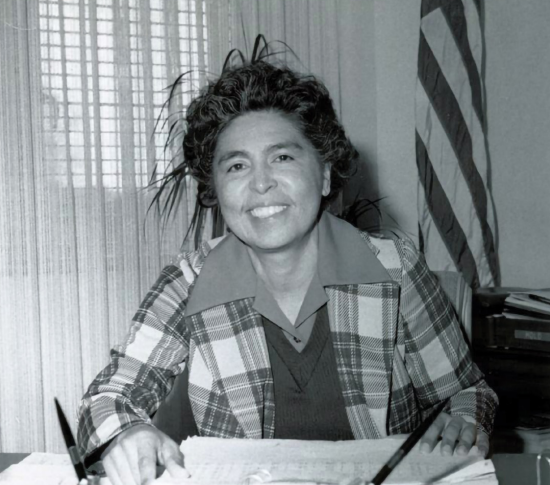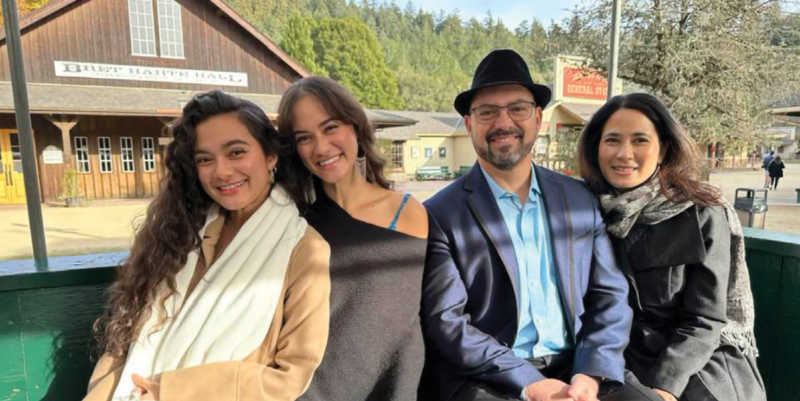Making History: Virginia Mae Days
Morgan Hill’s First Woman Mayor Made History
“We are what we repeatedly do. Excellence then, is not an act, but a habit.”
– Aristotle
Today, we’re lucky to see more women holding leadership positions, fewer “firsts” and more consistent diversity in business and politics. In 1972, however, when attorney Virginia Mae Days was elected as Mayor of Morgan Hill, she was the first woman to hold the position, and the first Latina, making history twice over with her election. She would also become the first Latina to head up the California Department of Veterans Affairs (CalVet), in 1975.
Days, born on June 25, 1934, came from a large family that moved to Morgan Hill in 1947. Perhaps having been born during The Great Depression gave her extra drive to achieve her goals. With her sights set on becoming an attorney, she attended a year at San José State College (now San José State University) until it became clear that her tuition was too steep for her parents to afford. She then took matters into her own hands and joined the U.S. Navy, served in the Korean War, and stayed in the Navy until 1957. She was then able to attend college on the G.I. Bill, and finally achieved her dream of a law degree from U.C. Berkeley School of Law in 1964.
Days then set up her law practice in Morgan Hill but soon established a new goal to enter politics. “You get interested in something as a lawyer, such as municipal law; then that leads you to participation in municipal government; and that leads to all other kinds of involvement,” she said, according to Linnie Lee, writing for Morgan Hill Life.


She proudly served on the Morgan Hill Planning Commission, was elected to the city council in 1970 and then made history when she was elected mayor in 1972. She must have been doing something right, as she served for three terms, through 1978. Morgan Hill has since had only three other women mayors.
She used her positions of influence to push for social change in her community, leading her to get involved with such organizations as the Regional Criminal Justice Planning Board, the Santa Clara County Drug Abuse Committee, and as the Santa Clara County Representative to the Inter-City Council.


Yet her work and character stood out, and in 1975, Governor Brown appointed Days to be the seventh director of CalVet, then a part of the state’s Department of Consumer affairs.
Her achievements were many. She was instrumental in convincing the State Department of Finance not to close the Veterans Home of California Yountville in 1976, and in 1977, she created a task force that gave non-veteran spouses the opportunity to live at the Yountville home as well.
In 1981, just as Days was poised to serve as the first woman to head the all-male National Association of Veterans Affairs, Governor Brown appointed her as a Santa Clara County Municipal Court Judge, where she served until 1984. She then spent the remainder of her career—20 years—as a Judge of the Superior Court.
But she also spent a lot of time as a teacher and mentor, through such groups as the YMCA and AAUW, speaking to students and colleges, acting as inspiration and a role model for young women and Mexican American students. Days is reported to have said, “If you see things that need to be done, you can’t sit around waiting for something to happen, because maybe it just won’t get done.”
Days died on June 5, 2015 in San Jose, survived by a large family (though she never married or had children of her own). Though the South Bay lost an icon and a force for good, her work and legacy will not be forgotten.







